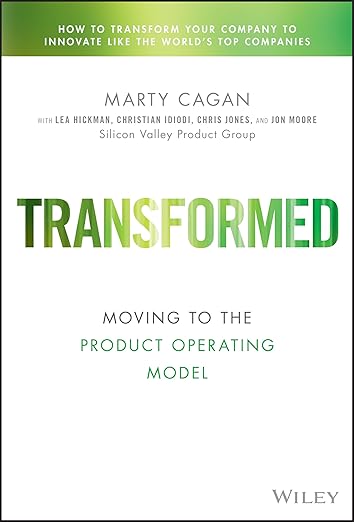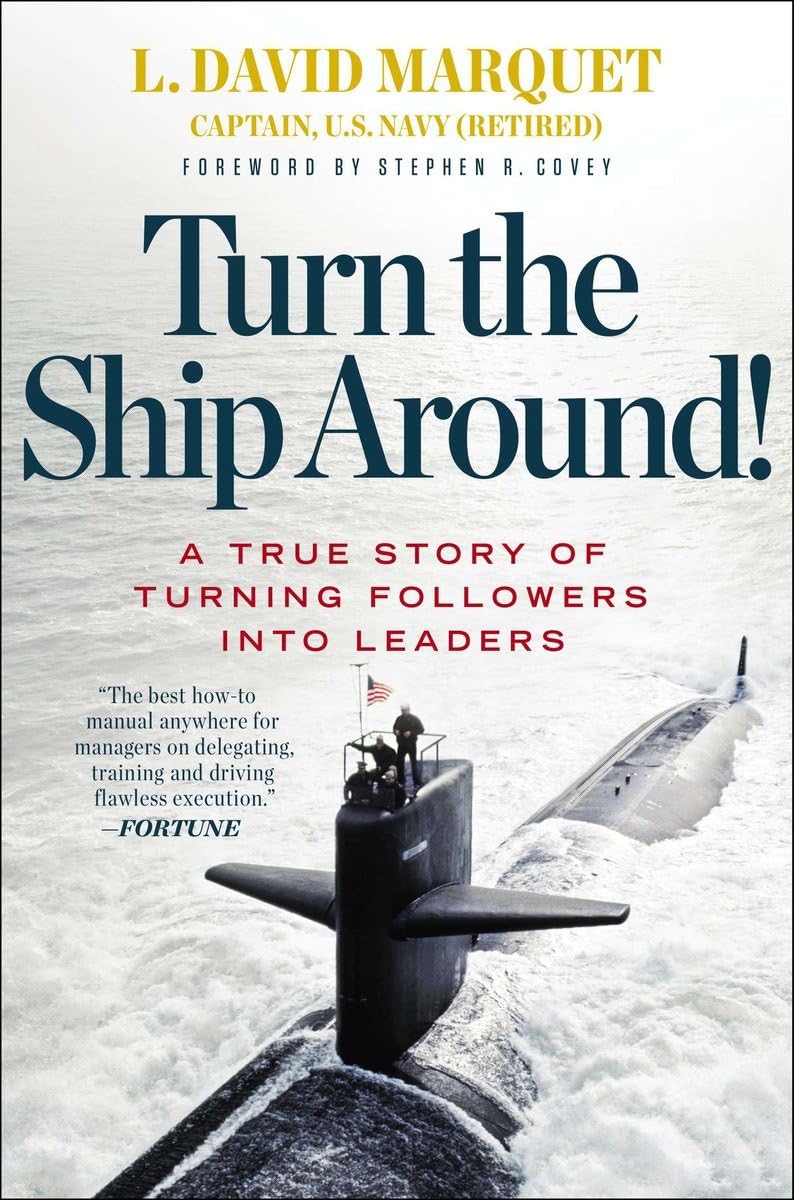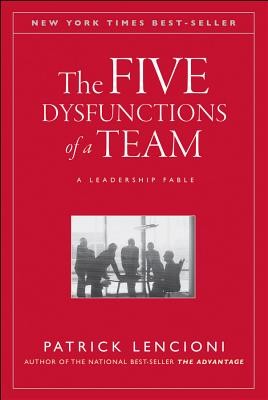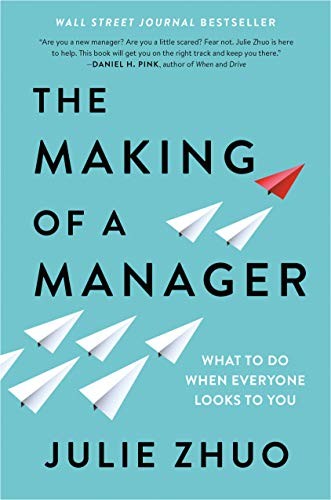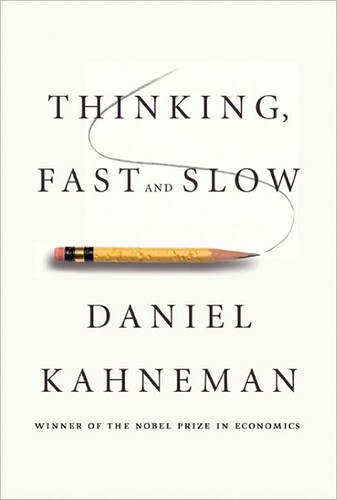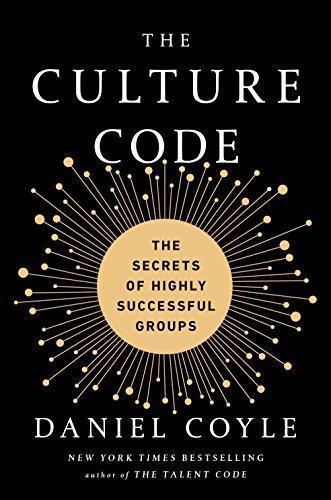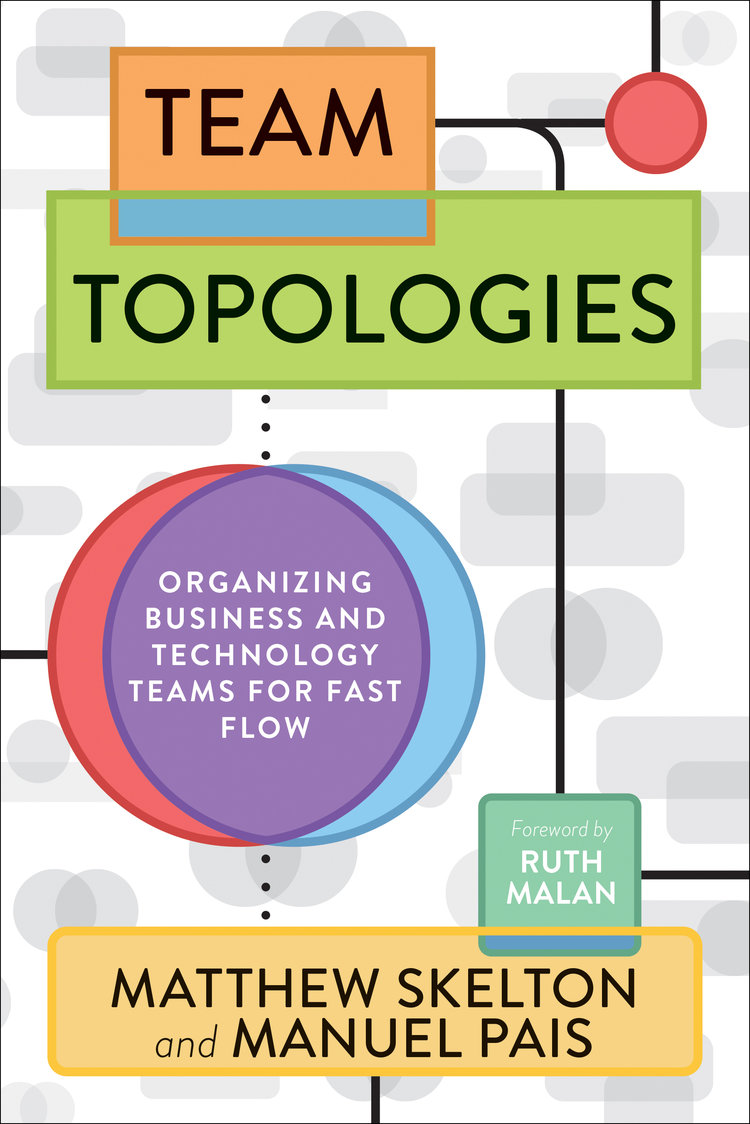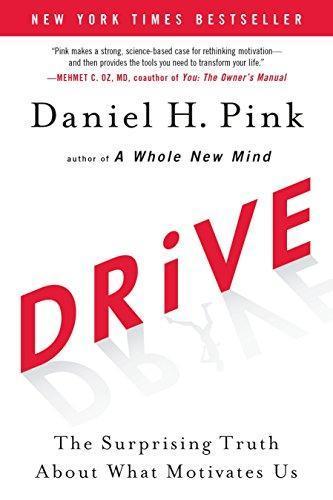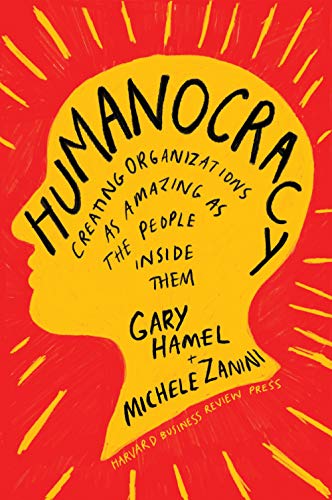Otto Rask reviewed The clean coder by Robert C. Martin
An important topic, merely scratched from the surface
3 stars
Us tech professionals carry tons of power and responsibility on our shoulders. Either we act like professionals who know what they're doing, or get demoted to mere manual laborers to be bossed around like in a taylorist factory.
The author left out important talking points such as ethics, worker rights, unions, and keeping the industry at large in check. Personal professionalism is important and having a work ethic that aligns with your agency and the organizations goals is good, but not taking that idea a step further and talking about how we collectively could shape our workplaces and the globe is a shame.
All in all a okay primer on the topic on professionalism aimed towards people who work with software. Every junior dev should read this.
And yes, I know Uncle Bob is a questionable figure. But I can't help but share his ideals on professional …
Us tech professionals carry tons of power and responsibility on our shoulders. Either we act like professionals who know what they're doing, or get demoted to mere manual laborers to be bossed around like in a taylorist factory.
The author left out important talking points such as ethics, worker rights, unions, and keeping the industry at large in check. Personal professionalism is important and having a work ethic that aligns with your agency and the organizations goals is good, but not taking that idea a step further and talking about how we collectively could shape our workplaces and the globe is a shame.
All in all a okay primer on the topic on professionalism aimed towards people who work with software. Every junior dev should read this.
And yes, I know Uncle Bob is a questionable figure. But I can't help but share his ideals on professional conduct when it comes to "being an adult" as a software worker working with other people toward shared goals.



